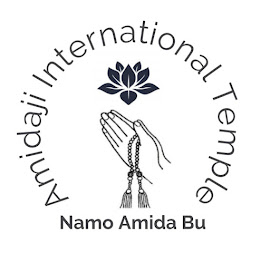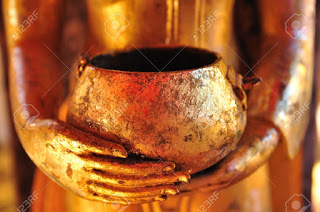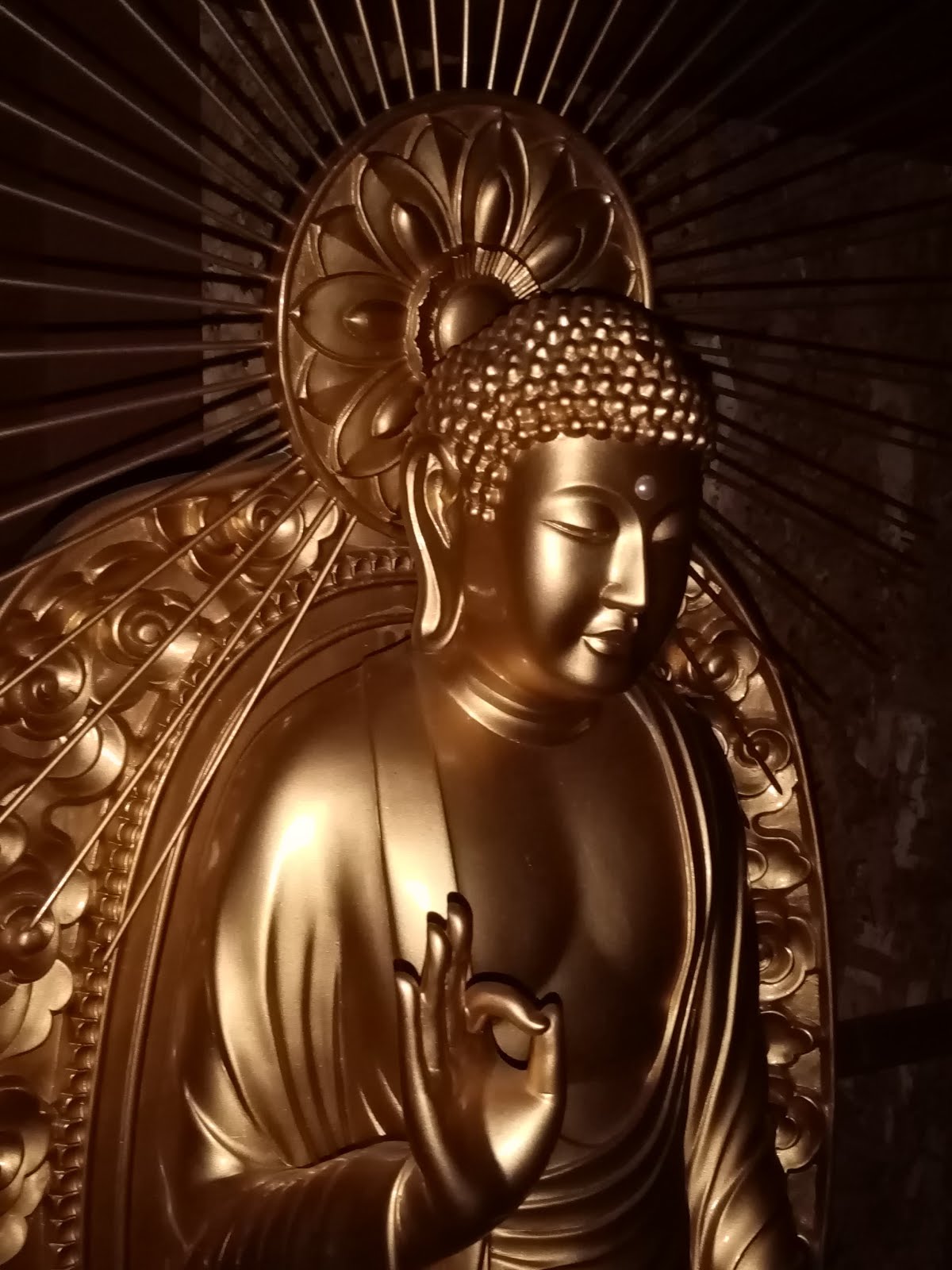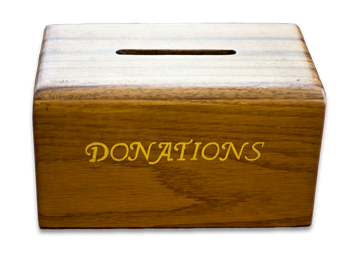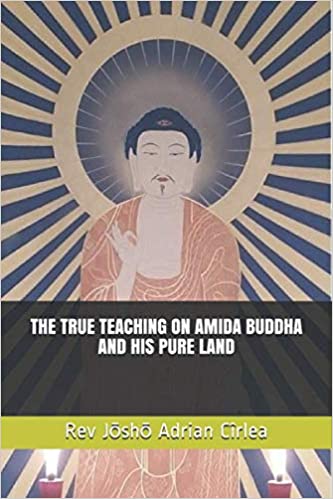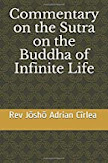last revised February 18th, 2024
You must believe that
Nembutsu possesses supreme merit and that Amida Buddha with His great
compassion of the Primal Vow, will come to embrace one who recites Nembutsu
even ten times or just once. Thus
believing this, practice Nembutsu for your entire lifetime without negligence”.
Commentary:
As
I showed in chapter “The Nembutsu is true and real” from my book Simple Teachings on Emptiness and Buddha
nature, by quoting many sacred texts, the Name contains the merits of Amida
and all Buddhas, as well as the virtues of all Buddhist teachings and practices.
“It is the treasure-sea of merits of true
Suchness, ultimate reality”,
as Shinran said.
Also,
Amida protects and embraces those who entrust to Him both in this life as well
as in the moment of death when He welcomes them into His Pure Land of Bliss.
After
pointing out that the number of recitations is not important for our birth in
the Pure Land, Master Honen encouraged us to say the Name for our entire
lifetime. Just as one who was saved from fire will always be grateful to his
savior, we should also not be negligent in expressing our gratitude to Amida Buddha
for saving us from the repeated births and deaths. This is the reason why
sometimes Honen, but also Shinran and Rennyo, insisted on remembering to say
the Nembutsu. It was NOT that the number of recitations is important (it isn’t!),
but because we should remember to say “thank you” to the one who assured our
liberation from samsara.
The
Nembutsu is also the expression of faith, so if we really entrusted ourselves
to Amida, we’ll surely like to express it by saying His Name.
Teachings of Honen, translated by Yoko Hayashi and Joji Atone,
Bukkyo University, Los Angeles, p 243-245
Shinran
Shonin, Kyogyoshinsho, chapter II, Kyogyoshinsho – On Teaching,
Practice, Faith, and Enlightenment, translated by Hisao Inagaki, Numata Center
for Buddhist Translation and Research, Kyoto, 2003, p. 9

